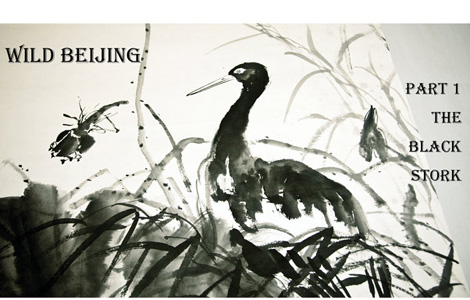Tougher punishments for polluters proposed
Updated: 2013-06-27 02:11
By ZHAO YINAN (China Daily)
|
||||||||
The attempt to amend the environmental protection law was considered an important part of the country's comprehensive effort to conserve resources and curb pollution.
The law has not been revised since it took effect in 1989. However, over the past two decades, the country has faced worsening pollution problems and the public has become less tolerant of environmental hazards.
Multiple Chinese cities were choked by dense smog earlier this year. Beijing's average PM2.5 density in January was 180 micrograms per cubic meter, about 30 percent higher than the level during the same period in 2011, according to meteorological data.
The Ministry of Environmental Protection said that 10 million hectares of farmland, or 8.3 percent of arable land in the country, is polluted, particularly near the middle and lower reaches of the Yangtze River. Experts said that has led to a string of food safety scandals caused by soil pollution.
Earlier this month, China's Supreme People's Court and Supreme People's Procuratorate jointly issued a new judicial interpretation, imposing harsher punishments on polluters.
The bylaw also lowered the threshold of activities that constitute a crime and offers more precise criteria for convictions and sentencing for judges.
Xinhua contributed to this story.

 Visit aids 'trust-building process'
Visit aids 'trust-building process'
 King of Pop returns
King of Pop returns
 Crowds cheer Court decision on gay marriage
Crowds cheer Court decision on gay marriage
 Hiring index signals further job weakness
Hiring index signals further job weakness
 Dance becomes popular stress relief
Dance becomes popular stress relief
 Philippine, US start Naval exercise in S China Sea
Philippine, US start Naval exercise in S China Sea
 Supreme Court gay rights ruling celebrated across US
Supreme Court gay rights ruling celebrated across US
 Rudd returns as Australian PM after Gillard
Rudd returns as Australian PM after Gillard
Most Viewed
Editor's Picks

|

|

|

|

|

|
Today's Top News
US Senate approves landmark immigration bill
US collects Internet data on citizens
More Americans see Snowden as patriot: Poll
Visit aids 'trust-building process'
Crowds cheer gay marriage decision
Industry enjoys profitable month
China's civil servants top 7 million
King of Pop returns
US Weekly

|

|








